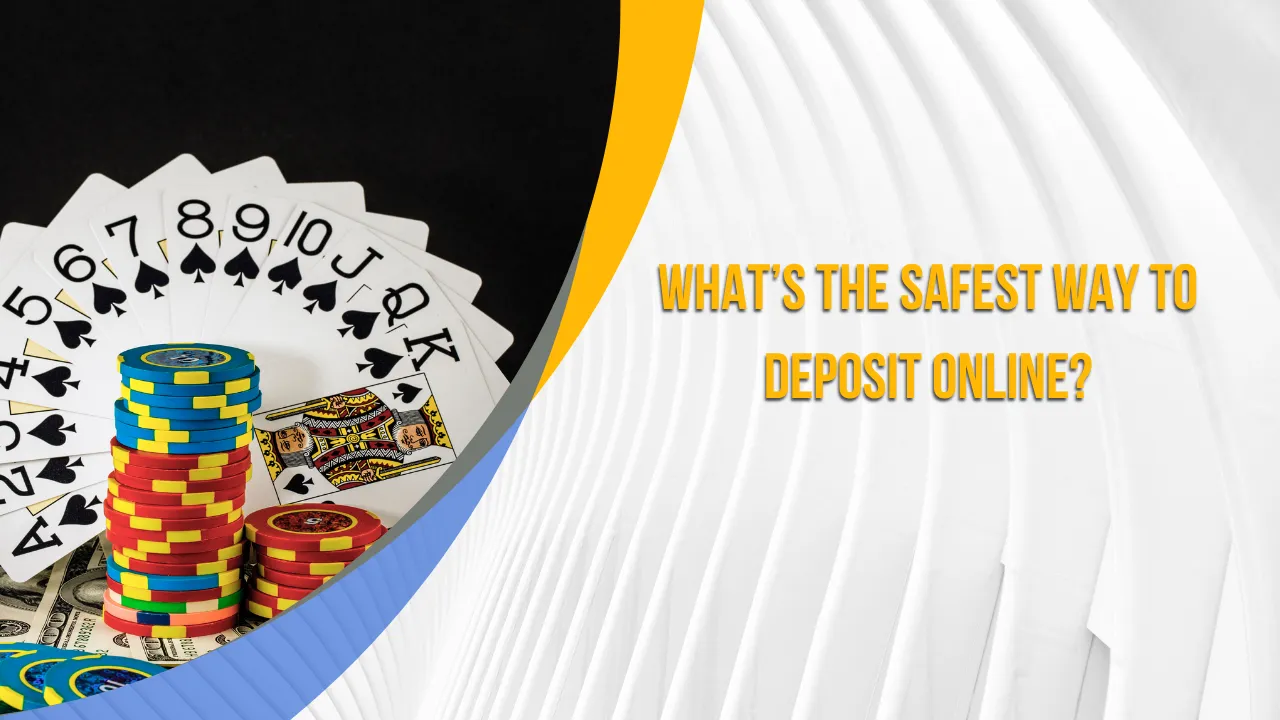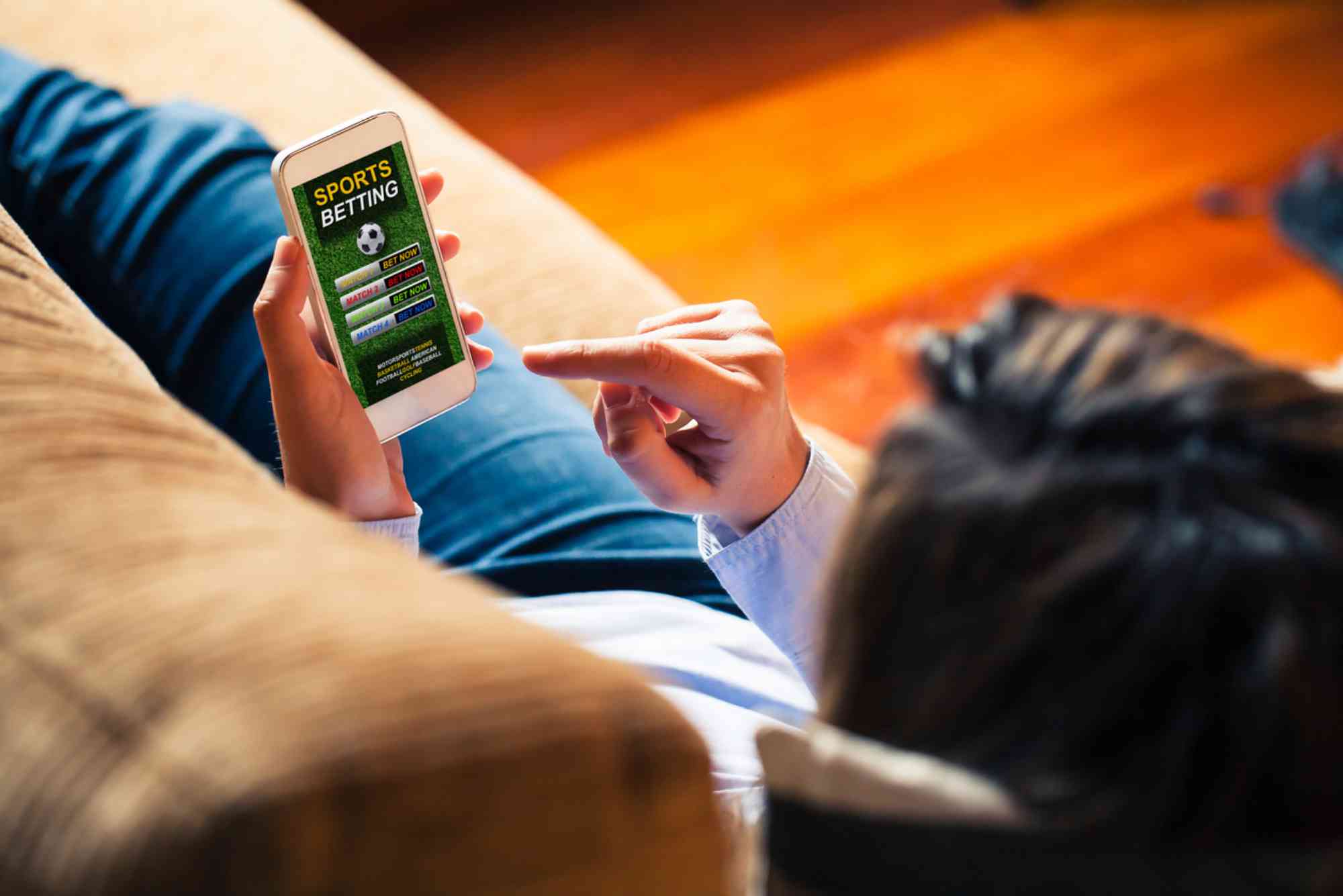Depositing money online has become second nature for many of us. Whether it’s funding a casino account, shopping on an e-commerce site, or transferring money to a friend, the convenience of online payments is unmatched. But convenience often brings concern — especially when your financial information is at stake. With cyber threats, data breaches, and scams more sophisticated than ever, knowing the safest way to deposit online isn’t just useful — it’s essential.
In my years of testing online payment systems, digital wallets, and iGaming platforms, I’ve learned that safety comes down to more than just the payment method you use. It’s about the ecosystem around it: encryption, regulation, reputation, and personal awareness. Let’s explore what makes an online deposit truly secure and how you can protect yourself when moving money in the digital world.
Understanding How Online Deposits Work
Before diving into specific methods, it’s worth understanding what happens behind the scenes when you deposit funds online.
When you make a payment on a website — say, to top up your gaming balance — the transaction data travels through payment gateways that encrypt and verify your details before authorizing the transfer. The site you’re on doesn’t usually handle your full card details directly; instead, it uses tokens or encrypted identifiers.
However, not every site uses the same security standards. Some platforms operate under strict regulatory supervision with mandatory encryption protocols, while others — especially those hosted offshore — may have fewer safeguards. That’s why choosing where you deposit matters just as much as how you do it.
The Rise of Secure Digital Wallets and Bank Transfers
Among the safest deposit options online are digital wallets like PayPal, Skrill, and Neteller. These services act as intermediaries, meaning you don’t share your card or bank details directly with the merchant. You fund your wallet once, and then use it to make payments securely across multiple platforms.
Bank transfers are another reliable option, especially when done through trusted institutions using strong encryption and two-factor authentication (2FA). Many modern banking apps now alert users in real time for every transaction, providing an added layer of visibility and protection.
Digital wallets and instant banking methods may take a little setup, but once you’re verified, they drastically reduce your exposure to fraud.
Security Standards Behind Payment Systems
Every safe payment method follows a framework designed to protect you. The most important include:
SSL encryption: This ensures your data travels securely between your device and the website’s server. Always check for “https://” in the browser bar.
PCI DSS compliance: Major card processors like Visa and Mastercard enforce this global data security standard to prevent theft of cardholder information.
Two-factor authentication: A second verification step (like a code sent to your phone) makes unauthorized access much harder.
Licensing and regulation: Financial regulators — such as the UK’s Financial Conduct Authority (FCA) — set strict rules on how funds and data are handled.
A trustworthy online platform will display its regulatory credentials clearly, while suspicious ones tend to bury or omit them.
How Gamers and Casino Players Stay Safe
In the online gaming world, deposits happen daily, and security becomes even more critical. Players often deal with high-frequency transactions, bonus credits, and withdrawals — all requiring reliable protection.
One key piece of advice is to stick with platforms that operate transparently and have a positive track record with their payment partners. When exploring options like casinos not on gamstop, always verify that the operator still uses licensed payment providers and robust encryption, even if it’s registered outside the UK system. Many reputable casinos use internationally recognized gateways such as Trustly, PaySafe, or ecoPayz that follow EU data protection laws, making deposits just as safe as in regulated UK sites.
As someone who regularly tests these systems, I’ve seen that safety is often less about the “brand” of casino and more about its technical backbone — the payment APIs, the SSL certificates, and the transaction verification layers behind the scenes.
Why Card Payments Are Still Popular
Despite newer options, debit and credit cards remain among the most common deposit methods online. Part of their popularity lies in the protections they provide — banks often allow customers to dispute fraudulent transactions and can issue chargebacks when necessary.
When depositing via card, make sure your bank supports 3D Secure (often branded as Visa Secure or Mastercard Identity Check). This feature adds an extra confirmation step — usually a one-time code or app approval — that significantly reduces unauthorized payments.
That said, avoid saving your card details on every website you use. It’s safer to enter them manually each time or rely on a secure third-party payment processor that stores them for you.
Cryptocurrencies: Privacy vs. Protection
Crypto payments have gained traction for their speed and anonymity, but they’re a double-edged sword when it comes to safety. On one hand, blockchain technology offers transparent, irreversible transactions that can’t easily be tampered with. On the other, if you send funds to the wrong address or fall for a scam, there’s no bank or intermediary to recover your money.
If you prefer crypto deposits, always use a trusted exchange or wallet with multi-signature protection and cold-storage capabilities. It’s also wise to test with small amounts before making larger deposits.
In my experience, crypto works best for advanced users who understand the mechanics and risks — not for casual depositors who simply want convenience and peace of mind.
Mobile Payment Apps and Instant Banking
The explosion of mobile banking has introduced a range of ultra-secure, user-friendly deposit options. Apps like Revolut, Monzo, and Apple Pay use biometric authentication and tokenization — meaning your card details never actually leave your device.
Instant bank transfer services, powered by Open Banking in the UK, have also become safer and faster. These methods let you connect directly to your bank from the merchant’s website using secure APIs, cutting out card processors entirely.
For small deposits and frequent payments, mobile options strike an excellent balance between speed and security.
Common Red Flags to Avoid
Regardless of the payment method, certain warning signs should make you pause before depositing:
Websites that lack HTTPS security
Unverified or anonymous operators with no visible contact details
Unrealistic promotions or deposit bonuses that require personal banking data upfront
Requests to send money via untraceable channels like gift cards or direct crypto wallet transfers to personal addresses
Trust your instincts. If something feels “off,” it probably is.
Practical Steps to Protect Yourself
Your habits are as important as your payment tools. Simple practices — like using strong, unique passwords, avoiding public Wi-Fi when making deposits, and keeping your software updated — go a long way toward securing your funds.
It’s also smart to dedicate one payment method (like a prepaid card or a low-limit digital wallet) exclusively for online transactions. This limits potential damage if something ever goes wrong.
Remember: even the most secure system can be compromised by poor personal security hygiene.
Final Thoughts: Safety Comes from Smart Choices
There’s no single “perfect” deposit method, but there are safer frameworks you can rely on. Digital wallets and bank transfers are generally the most secure, while cards remain dependable when paired with 3D Secure protection. Cryptocurrencies, though innovative, demand extra caution and experience.
Ultimately, the safest way to deposit online is to combine trustworthy platforms, regulated payment providers, and vigilant personal practices. Always look for encryption, licensing, and transparency before you move your money.
The online world is evolving, and so are the tools that keep our funds safe. As long as you stay informed and selective about where and how you deposit, you can enjoy the convenience of digital payments without sacrificing peace of mind.








